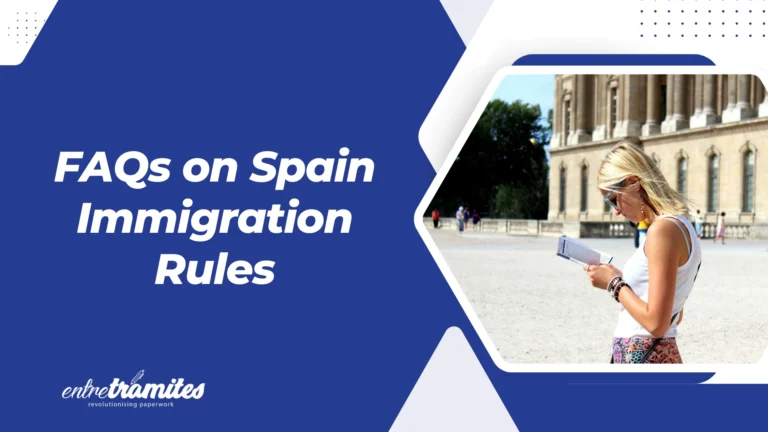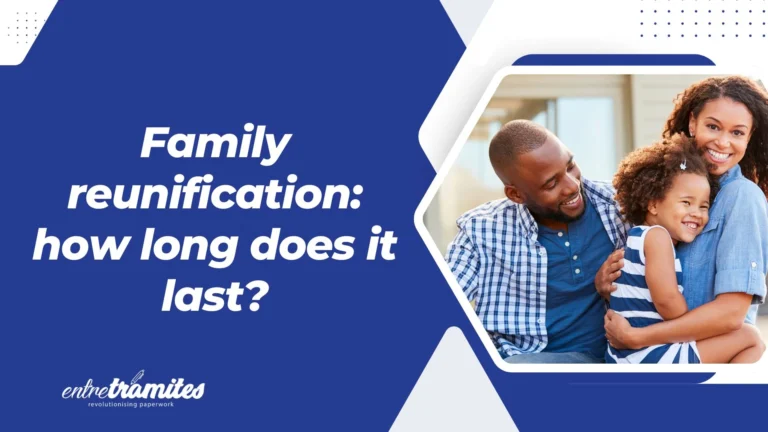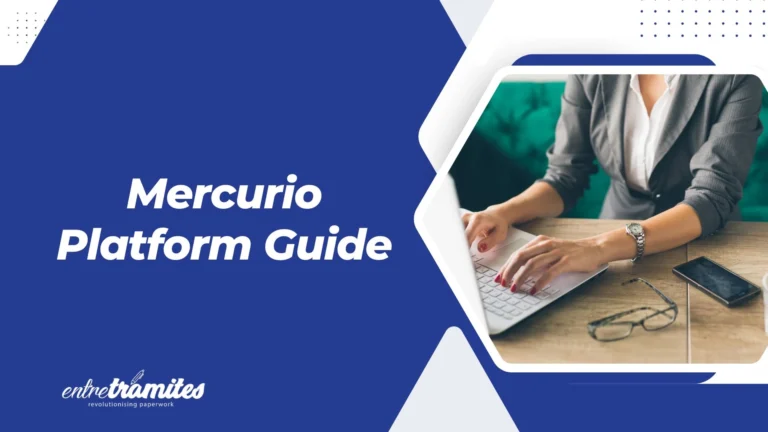The Foreigners Regulation (Reglamento de Extranjería) is the core legislation governing the status of non-EU citizens in Spain. Over the years, it has undergone several reforms to adapt to new migratory and labour realities. With the entry into force of new measures and adjustments (notably in May 2025), questions arise regarding the procedures and requirements for residency, work, and visas.
Understanding the key points of the Spain Immigration Rules is fundamental for anyone wishing to live or work legally in Spain. Below, we answer the most common questions about this regulation, focusing on the updates and the most relevant information for 2025.
Key Changes and Updates
Q: What key changes does the recent reform of the Reglamento de Extranjería introduce?
A: The most recent reforms to the Spain Immigration Rules aim to ease access to the labour market and facilitate the regularization of foreign workforce. The most notable changes include:
- Arraigo Socioformativo (Arraigo for Training): A significant new figure allowing foreigners in an irregular situation to obtain a temporary residence permit if they commit to undertaking specific vocational training that leads to an in-demand job.
- Reduced Residency Time: The general continuous residency requirement for most Arraigo applications has been reduced from three years to two years (though Arraigo Social still requires three years).
- Student Work Permit: The authorization for students to work has been standardized to up to 30 hours per week, even if the job is not directly related to their field of study, eliminating a prior bureaucratic hurdle.
- Accelerated Procedures: Measures have been introduced to streamline the processing of certain permits (like the Research Residence Permit), often reducing resolution times.
Q: What is the Arraigo Socioformativo, and what are its requirements?
A: The Arraigo Socioformativo (Arraigo for Training) is a new pathway designed to regularize irregular immigrants through professional training.
- Residency: Must have resided continuously in Spain for at least two years.
- No Criminal Record: Must lack criminal records in Spain and in previous countries of residence.
- Training Commitment: Must register or commit to enrolling in a vocational training course (Formación Profesional or Certificado de Profesionalidad) that leads to a profession with high demand in the Spanish labour market.
- Work Permission: This authorization now allows the applicant to work up to 30 hours per week while completing the course.
Q: What is the residence permit by Arraigo (Rooting), and who can apply for it?
A: Arraigo is a legal figure that allows foreigners in an irregular situation to obtain a residence permit under exceptional circumstances. The three main types are:
- Arraigo Social: For foreigners who have resided in Spain continuously for at least three years, lack a criminal record, and demonstrate family ties or obtain an employment contract that meets economic requirements.
- Arraigo Familiar: Grants residency to ascendants and descendants of Spanish citizens or EU citizens who are dependent on them (often granted for five years).
- Arraigo Sociolaboral: For foreigners who have resided in Spain for at least two years, lack a criminal record, and can demonstrate a documented labour relationship of at least six months while irregular.
Q: Is it possible to work with a student visa in Spain?
A: Yes, it is possible, and the rules have been significantly eased. The Study Stay Authorization now generally allows students to work up to 30 hours per week (part-time). This work must be compatible with the academic schedule. The employer is responsible for applying for the corresponding work authorization from the Oficina de Extranjería, although the overall process has been simplified to encourage student participation in the workforce.
Q: Can foreign qualifications be validated to obtain a work permit?
A: Yes. The validation (homologación) of foreign qualifications is a vital process. Accrediting a foreign qualification that is officially recognized in Spain is essential for accessing certain work permits, especially for highly qualified professionals (like the Blue Card or permits under the Entrepreneur’s Law). The validation process for university and non-university degrees is managed through the Ministry of Education and Vocational Training.
If you need personalized assistance, at Entre Trámites we offer management and advisory services on immigration matters. You can contact us through this contact form for us to call you, or if you prefer, you can schedule a free consultation or write to us on WhatsApp.





